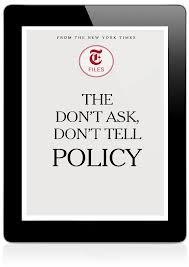1. Evaluate your current job satisfaction. Keeping track of your daily reactions to your job situation and look for recurring themes will help you highlight which aspects of your current job you like and dislike. Are these likes and dislikes associated with the work or the people?
2. Assess your interests, values and skills . Review past successful roles, volunteer work, projects and jobs to identify preferred activities and skills. Determine whether your core values and skills are addressed through your current career and what your current career appears to be lacking in your opinion.
3. Brainstorm ideas for career alternatives by discussing your core values/skills with friends, family, networking contacts and counselors. Visit career libraries and use online resources.
4. Conduct a preliminary comparative evaluation of several fields to identify a few targets for in depth research.
5. Read as much as you can about those fields and reach out to personal contacts in those arenas for informational interviews.
6. Shadow professionals in fields of primary interest to observe work first hand. Spend anywhere from a few hours to a few days job shadowing people who have jobs that interest you. Your college Career Office is a good place to find alumni volunteers who are willing to host job shadowers.
7. Identify volunteer and freelance activities related to your target field to test your interest e.g. if you are thinking of publishing as a career, try editing the PTA newsletter. If you're interested in working with animals, volunteer at your local shelter.
8. Investigate educational opportunities that would bridge your background to your new field. Consider taking an evening course at a local college. Spend some time at one day or weekend seminars. Contact professional groups in your target field for suggestions.
9. Look for ways to develop new skills in your current job which would pave the way for a change e.g. offer to write a grant proposal if grant writing is valued in your new field. If your company offers in-house training, sign up for as many classes as you can.
10. Consider alternative roles within your current industry which would utilize the industry knowledge you already have e.g. If you are a store manger for a large retail chain and have grown tired of the evening and weekend hours consider a move to corporate recruiting within the retail industry. Or if you are a programmer who doesn't want to program, consider technical sales or project management.









